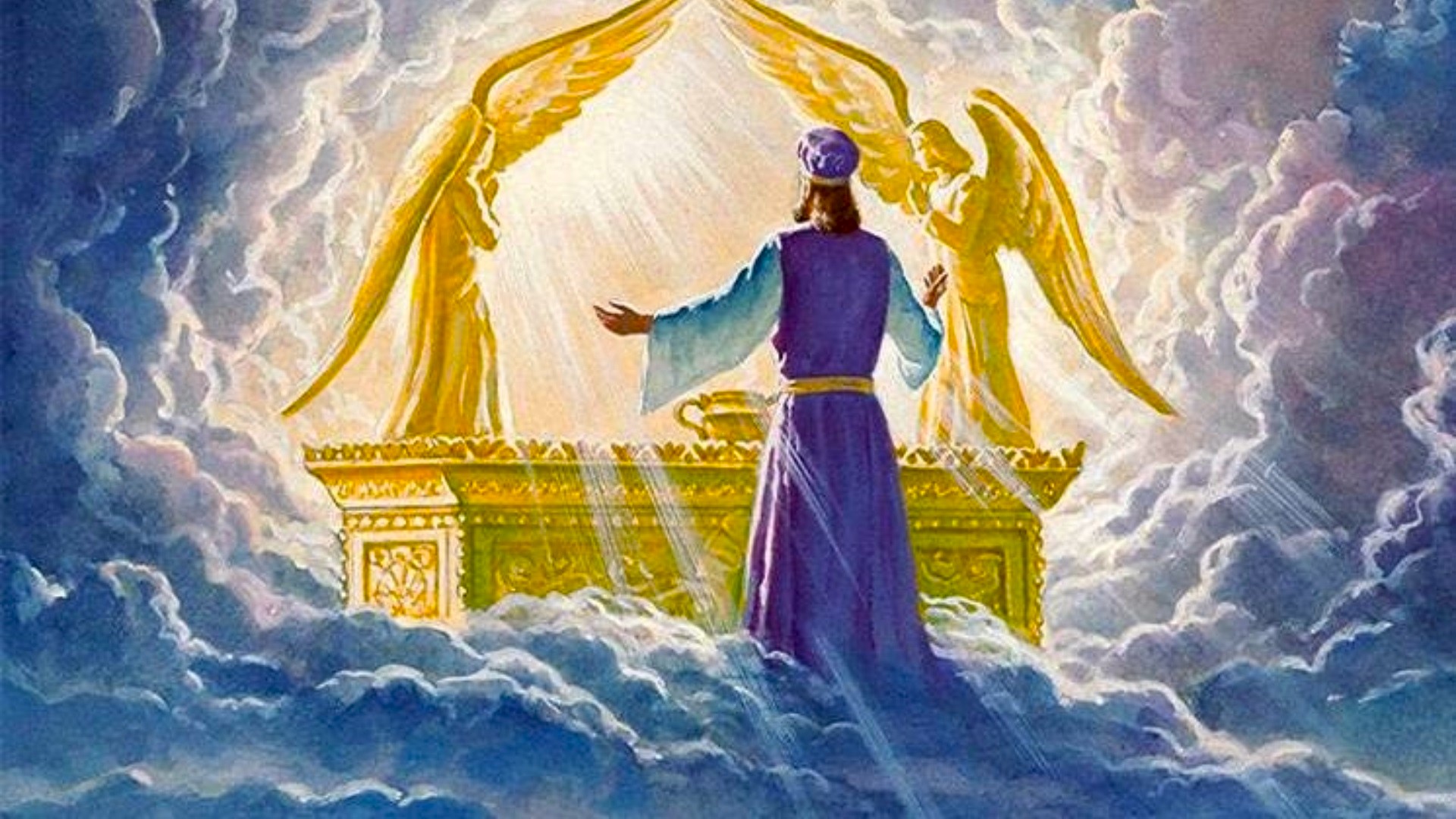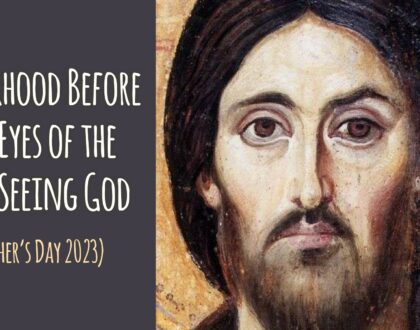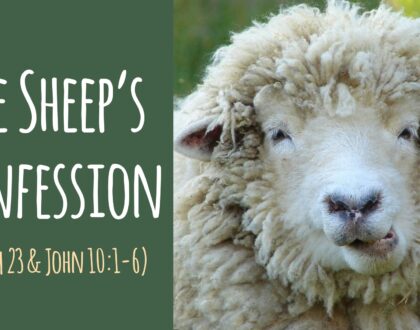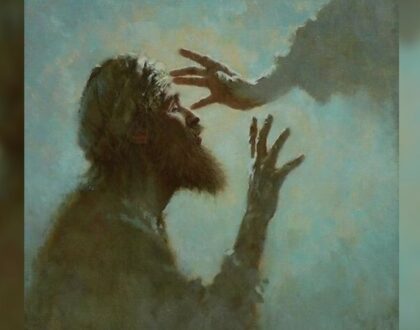Reflection Questions – The Quest for the Divine Presence 6: The Heavenly Tabernacle

by Pastor Gene
We’ll begin this time with some devotional considerations and then move on to more theological ones.
- Have you lost your sense of wonder? Do you have what I’ve called ‘theological wonder’ (are you often overwhelmed by the things you learn from Scripture, or by the supernatural perfections of God’s Word)? What about God still excites you? Greg Holder says that the loss of wonder is “a creeping numbness that will deaden your soul” and can even “age you prematurely” – do you agree? How or why is this so? If you’ve lost your sense of wonder, how do you think you might get it back? In what way is wonder ‘giving God the glory He deserves’? What can we learn about wonder from children, who are clearly the ‘experts’ on thesubject? How would our life be different if, like children, we allowed ourselves to be surprised and amazed on a regular basis? I try to live by the motto: ‘You’ve NEVER seen everything!’ Is this a good idea? Consider 1 Corinthians 8:2, NKJV in this context: “If anyone thinks that he knows anything, he knows nothing yet as he ought to know.”
- The Bible describes three ‘heavens’: (1) the First (‘atmospheric heaven’, our immediate atmosphere); (2) the Second (the ‘celestial’ or ‘stellar’ heaven – the sun, moon, & stars); and the Third (the very abode of God and the angels). Consider each of these verses: Acts 7:55-56, Genesis 6:7, James 5:18, Deuteronomy 4:19, Hebrews 8:1, Matthew 24:29, Hebrews 9:24. To which of the three heavens does each verse refer?
- With all we’ve studied about the Tabernacle, why do you think God was so meticulous in His instructions to Moses about building it? See Hebrews 8:5 & Exodus 25:9: “Exactly as I show you … so you shall make.”
- Where is the TRUE Ark of the Covenant today (Rev. 11:19)? Where is the TRUE Tabernacle today (Rev. 15:5)? Think about how the High Priest offered the sacrificial blood on behalf of the people on the Day of Atonement. Now think about the TRUE High Priest Jesus (Hebrews 2:17). How did He fulfill the role of High Priest for all people once-and-for-all? See Hebrews 4:14-15, 7:23-27, 9:11-12.
- Think about how amazing God’s Word is! All of these types/antitypes, shadows/fulfilments were in the mind of God before a single word was ever written! This should give us confidence that “every word of God proves true” (Proverbs 30:5). Because of – and only because of– the Bible – what do we know about death? Life after death? Heaven? The end times? Knowing what we know about how Jesus fulfilled all these shadows, why must it be true that “there is salvation in no one else, for there is no other name under heaven given among men by which we must be saved”? (Acts 4:12)
- The Reformers had a phrase to describe the Christian’s true authority: Sola Scriptura. It means that Scripture alone determines what is true and not true, what is good and not good. It falls to us to believe and obey God’s Word as it stands. Why is the standard of Sola Scriptura still important for believers to embrace today? (See 2 Tim 3:16–17, Romans 15:4, 2 Peter 1:20-21 & Matt 24:35)
- Fill in the blank. ‘Christians believe that Jesus is always telling the _________.’ (See John 1:14b, 1:17, 14:6, 17:17 with 1:14a; 1 John 5:20). Conversely, what does Jesus say of the Devil and his followers in John 8:44-45?
Recommended Posts

Reflection Questions: Fatherhood Before the Eyes of the All-Seeing God (Father’s Day 2024)
June 16, 2024


